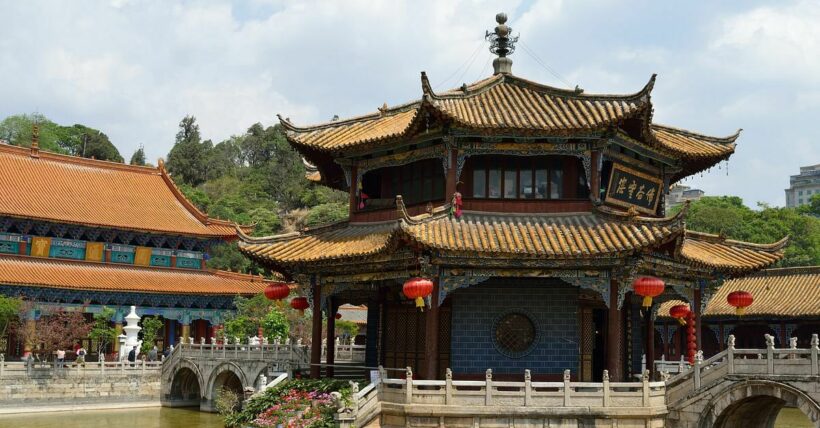Mainland researcher writes that Chinese created Egyptian civilisations and then deletes it after backlash

A Chinese mainland researcher is garnering backlash after penning an article stating that his country created Egyptian civilisations. The article has caused an online backlash, prompting him to delete it amid triggering a formal investigation. Senior researcher, Yu Ruijun, at the Culture and Tourism Bureau of Zhangjiakou city in Hebei province, claimed that there was “a great deal of evidence to show that it was the Chinese who created Egyptian civilisation.”
The article sparked immediate controversy upon its publishing on November 22 after appearing on the bureau’s WeChat account. Yu based his claim on key evidence that included a bronze basin from the Spring and Autumn Period of 770 to 476 BC, which was recovered from a tomb in China. The basin is on exhibit at the Zhangjiakou Museum. Yu says the sculpted carvings on the vessel are similar to those found in ancient Egypt. He then listed five points to support his controversial claim.
Those points included cultural relics, medical technologies, folk customs in the two civilisations, racial similarities, and units of measurement. The researcher has previously appeared in official media reports and has been described as a veteran collector of ancient stone carvings and rocks. But, the rest of the world’s archaeological evidence supports the conclusion that Egypt’s ancient civilisation appeared much earlier than that of China. Despite his five points showing that the two civilisations shared similarities, his claim was met with mockery.
Zheng Jinsong, deputy head of the Museum of Southwest University in Chongqing, shot down Yu’s evidence by saying that there was nothing to support the claim that Chinese civilisations predated Egypt.
“When it comes to researching the origins of civilisations, either being over-weening or belittling ourselves would be unacceptable.”
Although the bureau refused to make a public statement concerning the incident, it did say an internal investigation was underway.
As Chinese netizens have previously engaged in cultural spats with their South Korean counterparts concerning many cultural heritage items, such as kimchi, they didn’t hold back on the recent statement by Yu. One Weibo user joked that making such a claim about China would reduce them to the level of South Korea’s claims.
“No, no, let’s hold that. If we keep on doing this, we’ll be like South Korea, which is the origin of everything.”
Latest Thailand News
Follow The Thaiger on Google News:


























